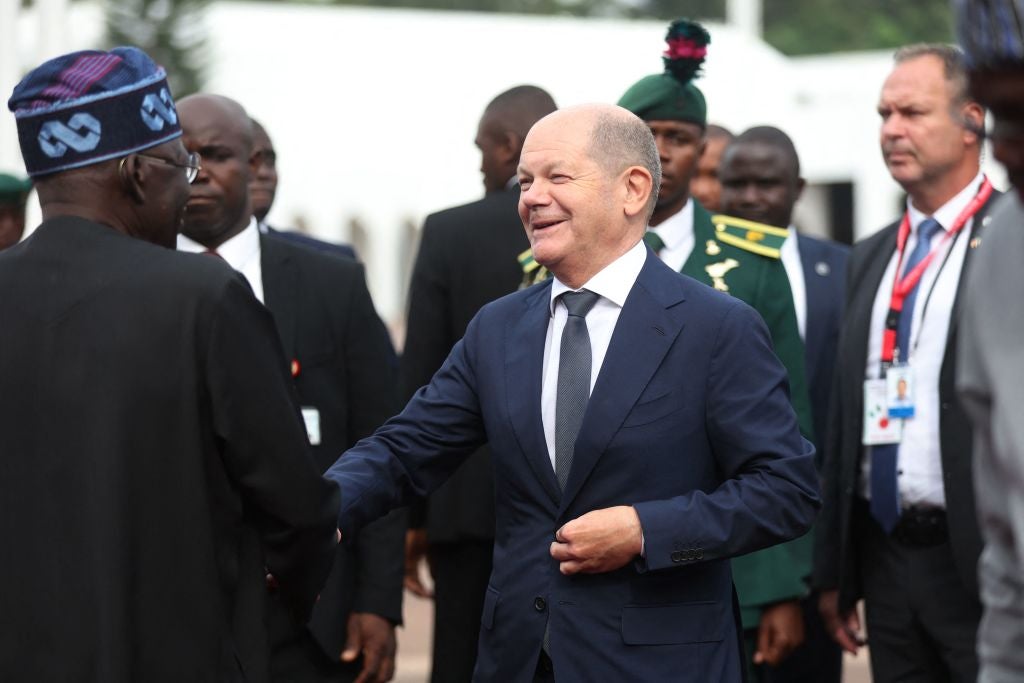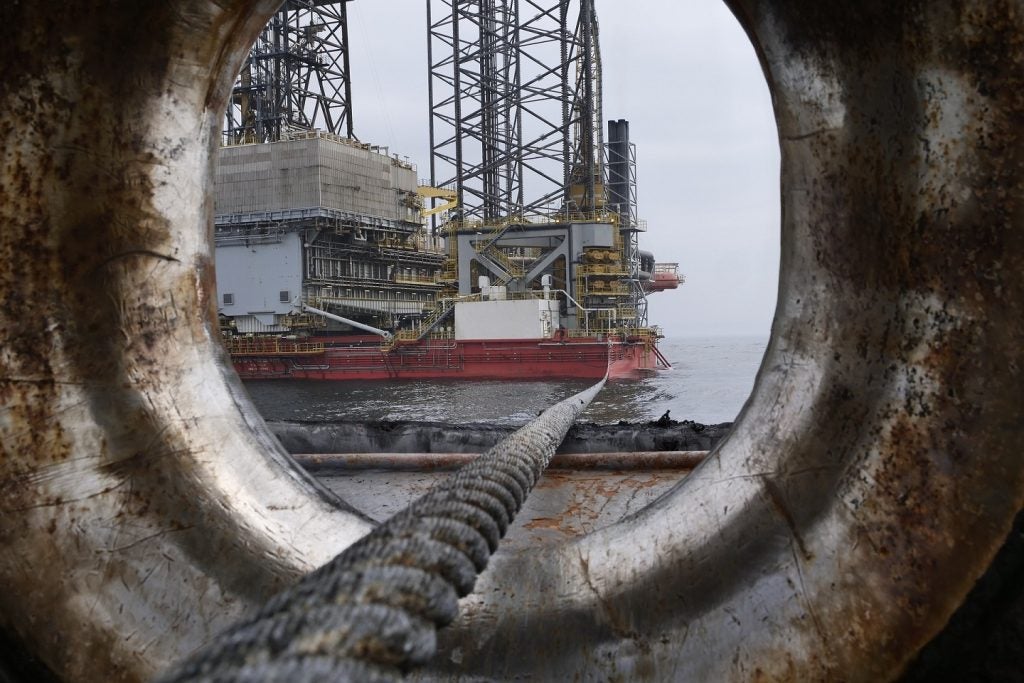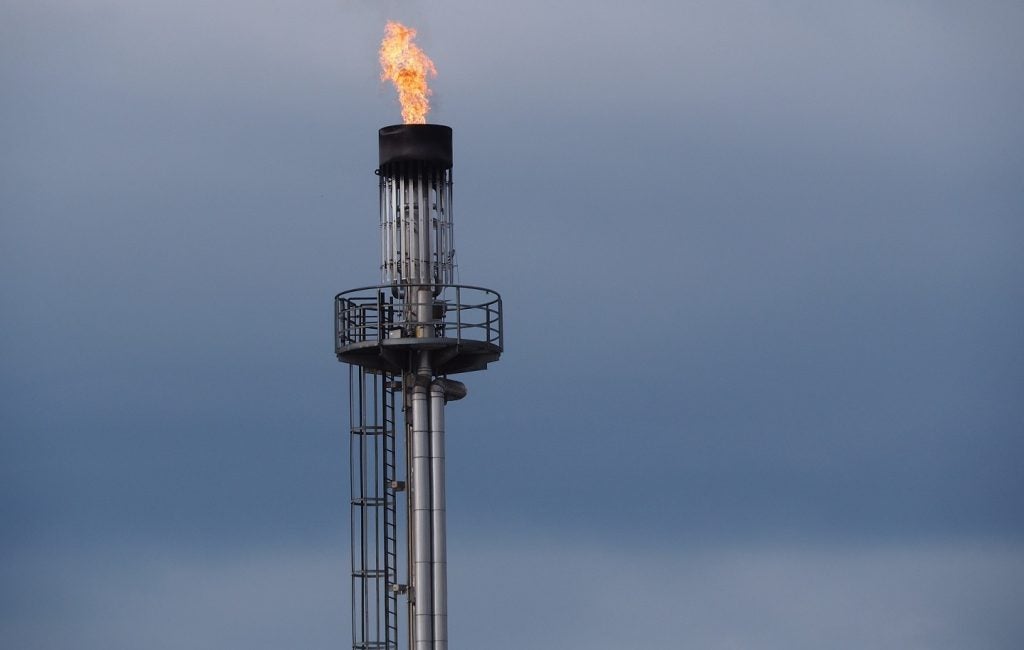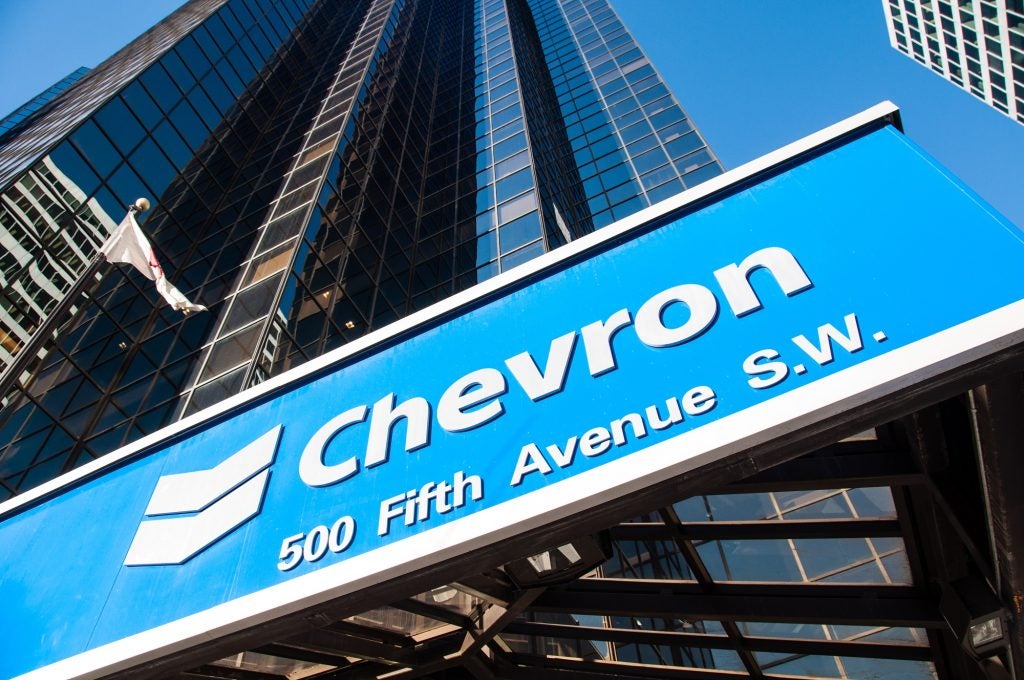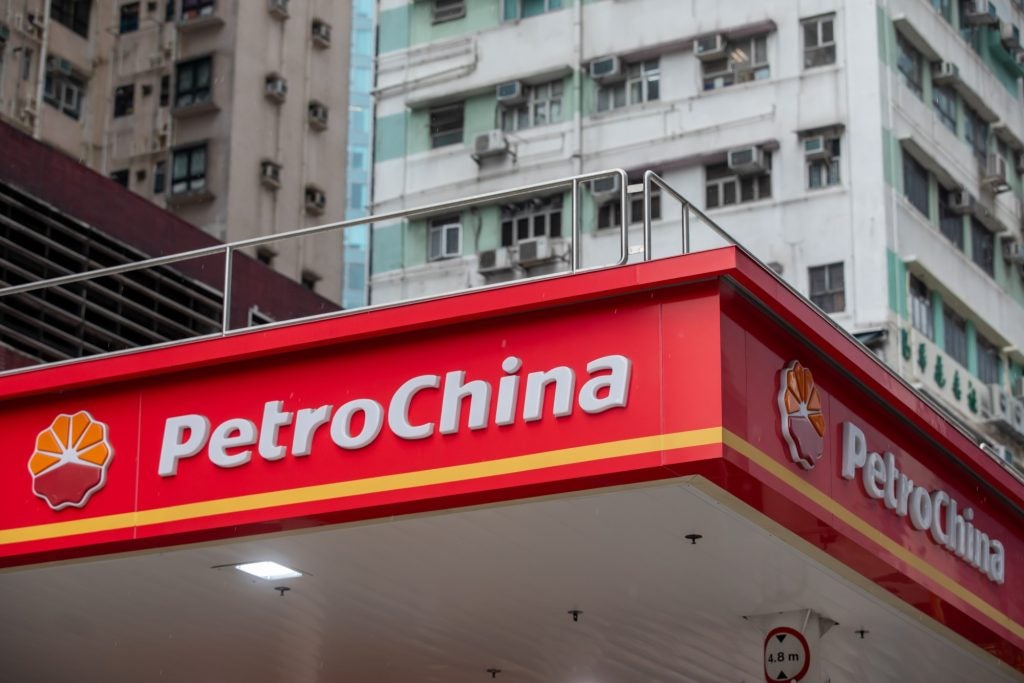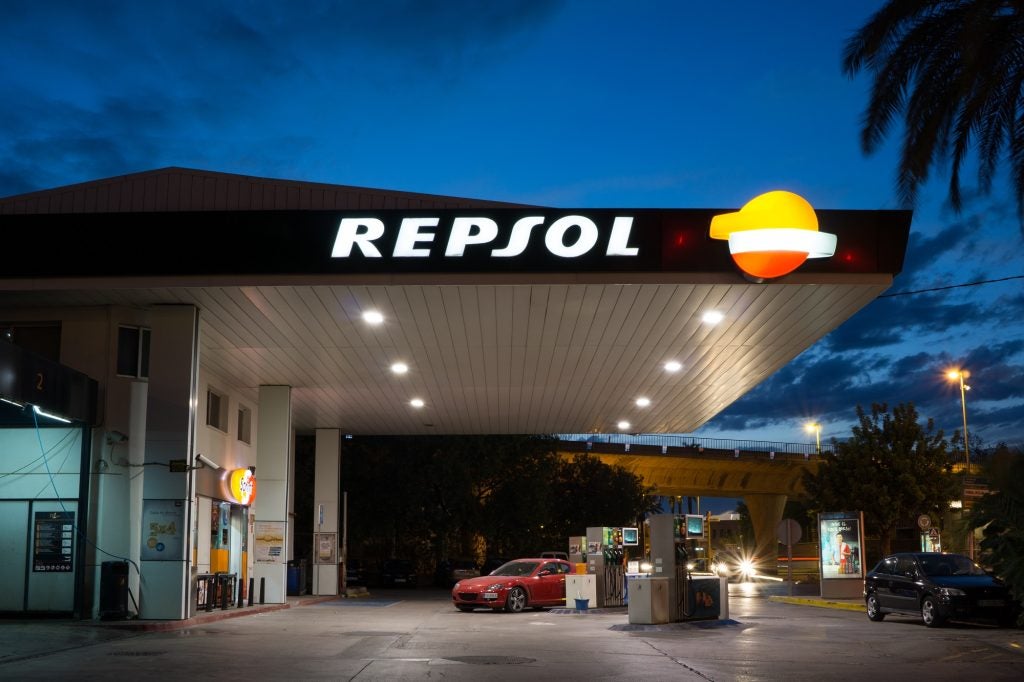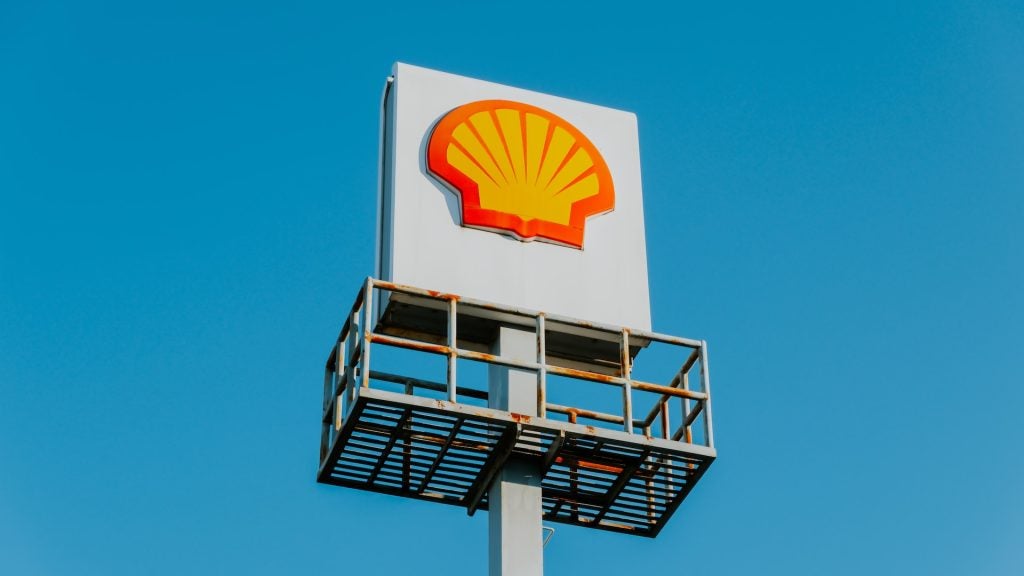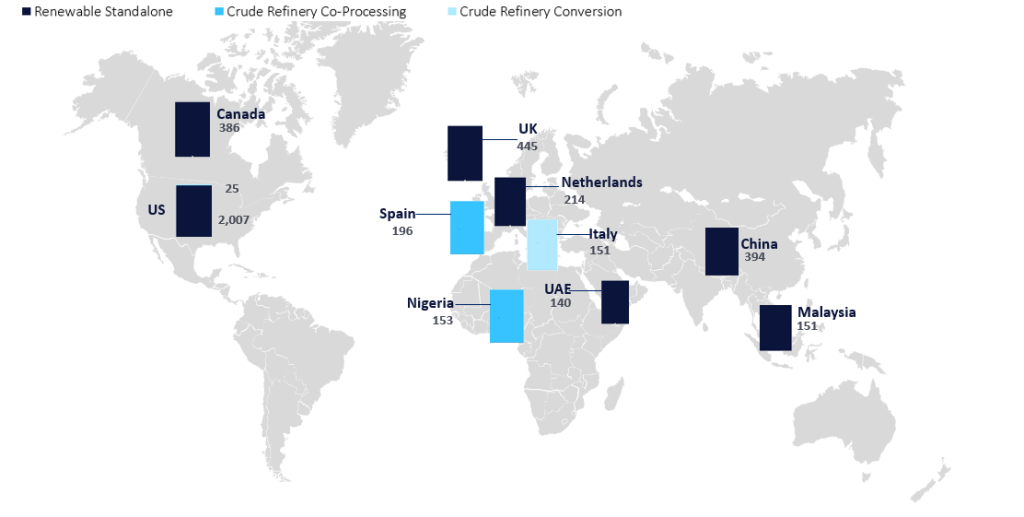German Chancellor Olaf Scholz said his country is willing to invest in Nigerian gas and critical minerals on Sunday during his two-nation visit to sub-Saharan Africa. Nigeria is still Africa’s largest oil producer.
Scholz wants to diversify and secure his country’s energy supply by importing natural gas from the African nation. After meeting with President Bola Tinubu in Nigeria’s capital, Abuja, Scholz said: “This will have an impact on the global gas price.” If more countries offered their natural gas and increased supply on the global market, the lower global prices would be, the German Chancellor claimed.
Tinubu emphasised Nigeria’s sizeable resources and said: “We are ready to encourage investments in a gas pipeline.” He encouraged German businesses to invest in pipelines in Nigeria.
Germany has found it difficult to secure gas supplies for the coming winter. The nation has sought to diversify away from Russian gas since the outbreak of the war in Ukraine, while France’s nuclear shutdowns of 2022 also plagued energy supplies. In 2022, the German Government therefore decided to prolong the operation of coal-fired power plants, a policy that was extended in 2023.
Importing gas from Nigeria will help ensure an alternative energy supply for Germany. At present, the nation imports crude oil from the West African country, but not gas.
Nigeria also wants to attract investors to its mining sector, which currently contributes less than 1% of GDP in Africa’s largest economy. According to research company Oxford Business Group, there are many unexploited mineral resources in Nigeria, such as gold, iron ore and recently discovered lithium.
While being vague on the details, Scholz said German companies could build railways in Nigeria. Currently, China is building the most railways in the African nation.
Scholz will visit Ghana on Monday. He met with the president of the commission of West African regional group ECOWAS and stressed he would work with the bloc to prevent putsches (violent attempts to overthrow a government) becoming a trend following recent military coups in Niger and Gabon.


